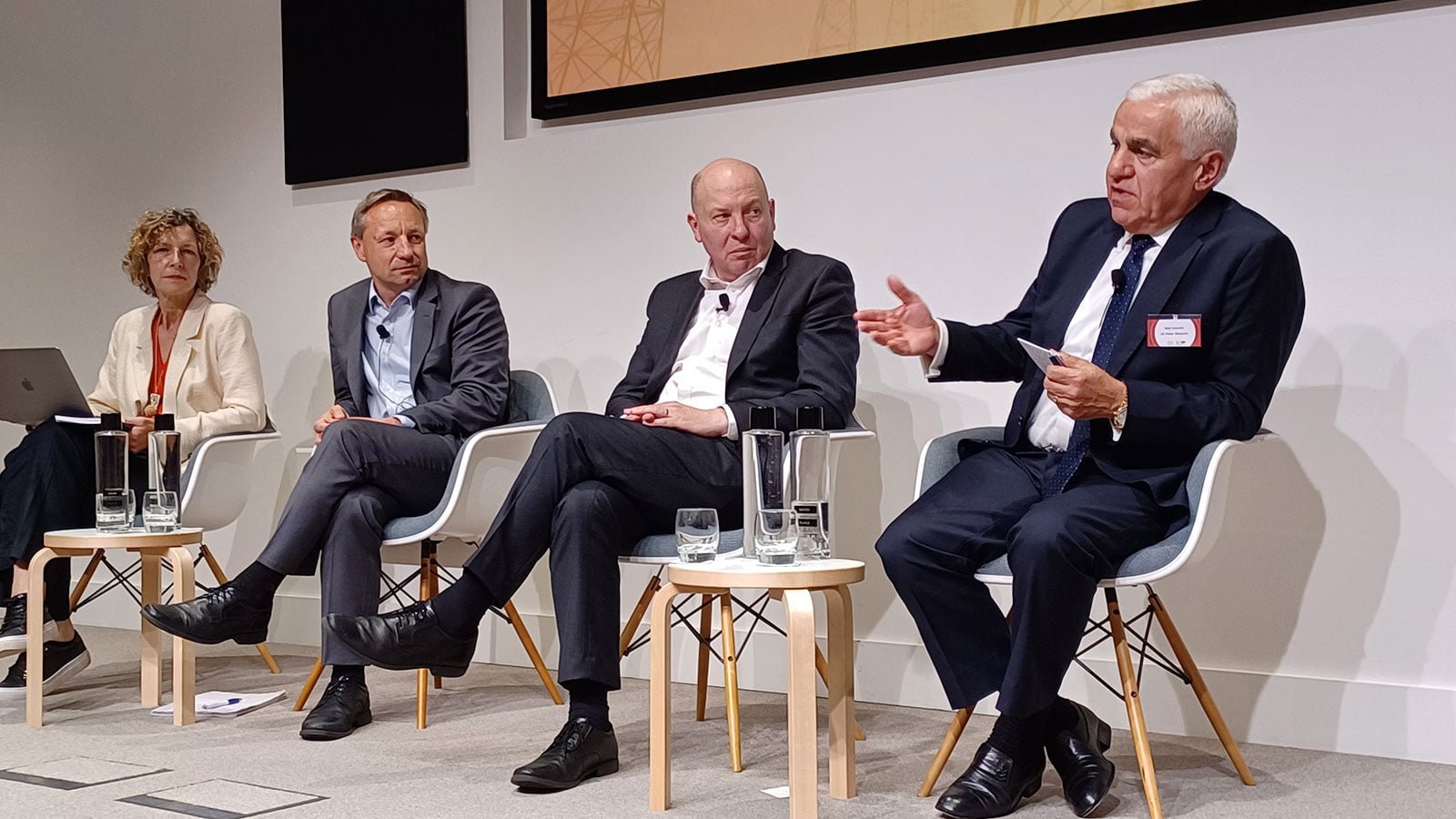UK Power Networks is leading the way in launching the UK’s first independent distribution system operator, which will be charged with ensuring the electrical network is ready for net zero.
Achieving net zero is by no means an easy task, with many sceptical as to whether the UK can achieve its ambitious targets. In fact, a recent report from the Business, Energy and Industrial Strategy (BEIS) Committee noted that the country was on course to miss its 2035 target for a decarbonised power system.
However, UK Power Networks believes that it has the answer to keep itself on track – an independent distribution system operator. This will be a legally separate entity from UK Power Networks, with its own board, which will have a primary focus on ensuring London, the East and South East has sufficient energy capacity to support the anticipated uptake of electric vehicles, heat pumps and renewable generation.
As one of the first tasks of the new DSO, it will be working to incentivise customers to shift their energy consumption or generation, to maximise use of its existing electricity grid infrastructure and facilitate the lowest cost transition for customers adopting low carbon technologies.
The new DSO was officially launched at the IET London, with CEO Basil Scarsella and director of DSO Sotiris Georgiopoulos presenting its vision and plans for the year, joined by industry leaders including Ofgem CEO Jonathan Brearley, director of regulation and economics for Octopus Rachel Fletcher and Electricity System Operator executive director Fintan Slye.
Jonathan Brearley said the move was key to the UK’s transition to a low carbon future. He noted, “We are in a massive transition across the country and that means a lot of really big stuff is being built. We’ve talked about transmission assets, we’ve talked about big offshore wind farms happening but the same is happening locally and we need to make sure we have an integrated plan.
“At the heart of this is Distribution System Operators and it’s great to see UK Power Networks leading the way. I’m really hoping that the DNOs make sure they are developing compelling and ambitious plans in terms of their version of the DSO model, but ultimately we will look nationally, pick out the best bits and make sure we have a system that functions for this massive transmission that we’re on.”
Basil Scarsella added, “The DSO marks the start of a new era for electricity networks across the UK. We are pleased to be leading the way in supporting the energy transition through the launch of our DSO. It is an independent, legally-separated entity, which we are confident will bring savings to customers, inform our network investment decisions in the most cost-efficient way and help facilitate the transition to Net Zero.”
UK Power Networks currently has 7.4GW of renewable energy connected to its network, and is preparing for 2.6 million EVs in its regions by 2028, compared to 450,000 vehicles currently charging from their grid.
Earlier this month, UK Power Networks DSO awarded more than 1GW of contracts to flexibility providers to compete to provide a flexibility requirement of 426MW.

